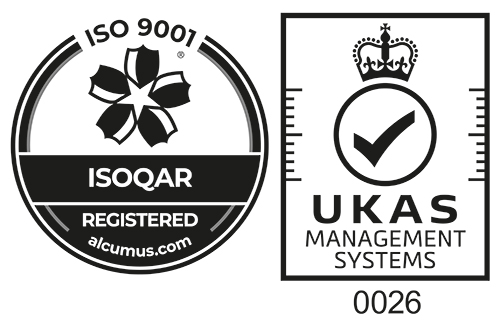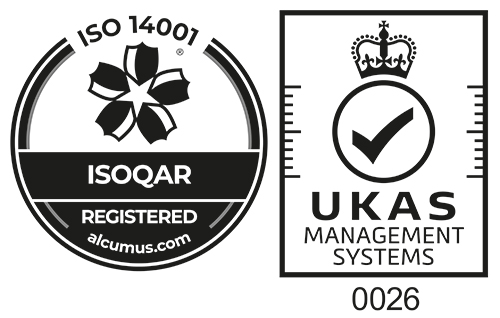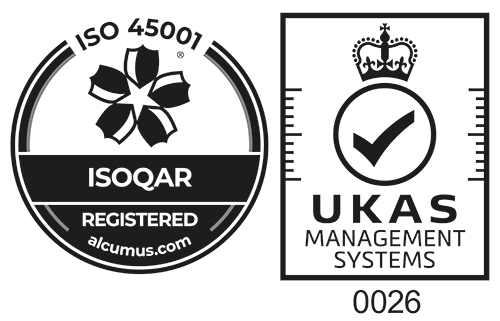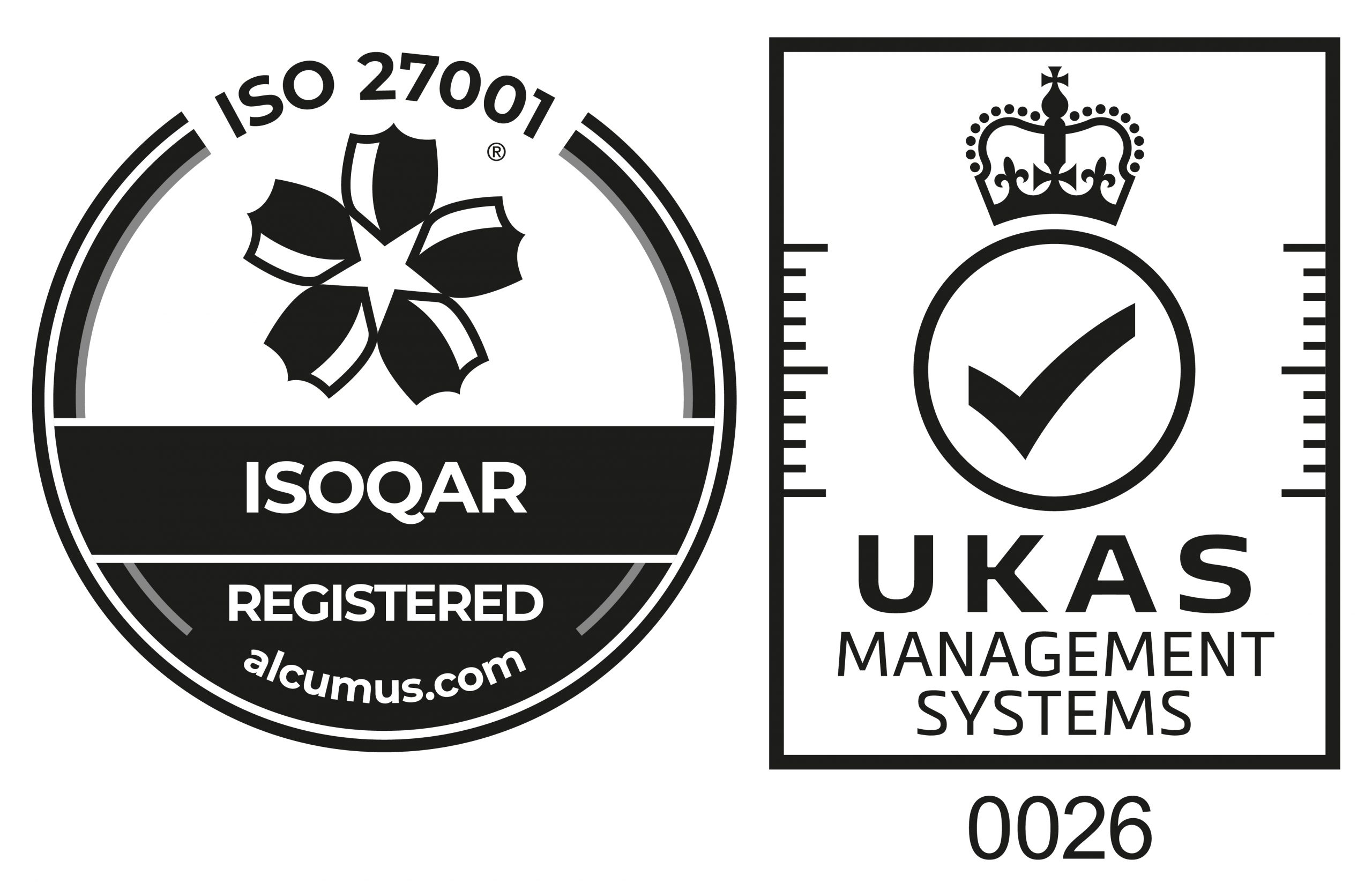Employees are certainly the most valuable assets of a construction company. In the UK labour market within this sector, the long-term success of a contractor depends on their ability to retain their key employees. Under CDM regulation 2015 there is a legal requirement to provide an induction for every site worker on a particular project. However, this article focuses on new employee onboarding / Inductions as opposed to site inductions, with labour shortages being the backdrop for this.
When a construction company hires new workers, it is in the best interest of the company to do everything possible to retain these workers. A successful retention strategy will help with this and must be in place from the moment a new employee is hired. As per studies and estimation, one out of every five employees will quit within their first year of employment. Nearly 20 percent of those who resign will leave during their first 45 days. Developing an onboarding program and following the process is one of the simplest and smartest strategies a construction employer can use to successfully limit loss and build long-term loyalty among employees.
[vc_video link=”https://www.youtube.com/watch?v=0OPQUmy47OI” el_width=”80″ align=”center”]
ONBOARDING / INDUCTION BUILDS A SOLID FOUNDATION
Onboarding, otherwise known as induction, is a structured process of welcoming and inducting new employees to a company. It is also a means to explain the rules and regulations that govern a particular site. An onboarding / induction plan should provide more than simple job orientation and training. The process should also offer mentoring, support, and information about the company culture and organisational structure. Today’s construction firms should design onboarding programs that teach all the foundational basics a person needs to know in order to achieve success with their new employer.
ONBOARDING / INDUCTION PROGRAMS SAVE EMPLOYERS TIME AND MONEY
Implementing an onboarding / Induction program does not have to be expensive or time consuming. Quite the contrary, an onboarding / Induction process can save time and money in the long run for a construction company. The costs of recruiting, interviewing, hiring, and training new employees are some of the biggest investments that a contracting firm must make. A thoroughly designed and executed onboarding process can increase the return you get on those investments.
HOW TO IMPLEMENT AN ONBOARDING / INDUCTION PROGRAM
The Onboarding / Induction process should start during the recruitment phase. Any questions asked by a prospective new hire must be answered throughout the interview process. Keep candidates informed about everything at every step of the way. This demonstrates that your company is well organised and supportive. When an individual accepts a position, maintain communication with that person and keep him informed right up until their start date. Doing this will enable the new employees feel welcomed and better prepared when they arrive for their first day of work.
On an employee’s first day on the job or site, a comprehensive induction program must be in place that goes beyond employee handbook basics. As part of this program, new hires should also receive:
- A clear statement expressing the project’s mission, goals, and values
- An in-depth job description that includes objectives and responsibilities
- Organisational charts with names and titles that show the chain of command
Most importantly, an effective induction should provide job-specific training that demonstrates a long-term commitment toward employee development. Make sure that a senior seasoned professional integrates with new hires.
ONBOARDING / INDUCTIONS CAN IMPACT YOUR BOTTOM LINE
Having an onboarding process in place will minimise the amount of time it takes for new employees to reach their full potential, while maximising their loyalty to the company. This can have a big impact on your bottom line. Already a shortage of workers serious enough to affect project costs, completion and productivity is being experienced by contractors and construction firms. Proactive companies who implement strategies designed to increase retention are already achieving more success than their competitors.
There are not enough students currently enrolled in construction educational and training programs to meet current demand of skilled labour. Employee retention is going to become even more critical to the success of a construction company in the future. If a company does not already have an onboarding program in place, then it should begin crafting one now.
Onboarding can be a valuable part of retention strategy that allows companies to deliver complex building projects on shorter timelines and with fewer backlogs, ultimately paying large dividends in cost, time, productivity and quality.
Source: Construction Magazine






